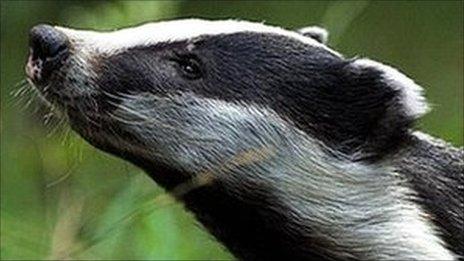Cattle TB still 'single biggest problem' - Wales chief vet
- Published
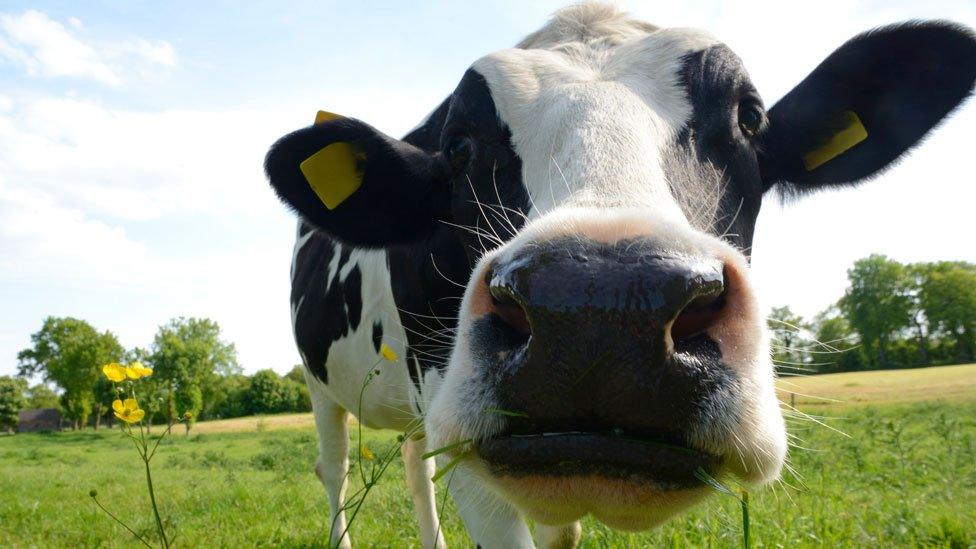
Bovine TB is the "single biggest problem" facing animal health and welfare in a generation, Wales's chief veterinary officer has said.
After 11 years in the role, Prof Christianne Glossop told BBC Wales: "There hasn't been a day gone by where I haven't been focusing on TB."
She defended the Welsh Government's efforts to fight the disease, after accusations of "dithering" by unions.
Farmers' leaders have renewed calls for a badger cull.
Prof Christianne Glossop is asked about whether a badger cull could be back on the agenda in Wales
They claimed at the Royal Welsh Show in Llanelwedd that post-Brexit trade deals could be at risk.
Government statistics show 8,103 cattle were slaughtered in Wales as a result of bovine TB in 2015 - up more than a quarter on 2014, when 6,378 cattle were killed.
Prof Glossop said it was important not to judge the eradication programme in Wales based on one indicator alone.
"If we're winning the battle we have to understand everything about the disease.
"We are digging deeper into the farms that have TB, we are testing harder, we're using more sensitive tests and we're also taking more animals that have an inconclusive reaction.
"The aim is to get infection out of the farm as quickly as possible - and as a result of that we are taking more animals right now."
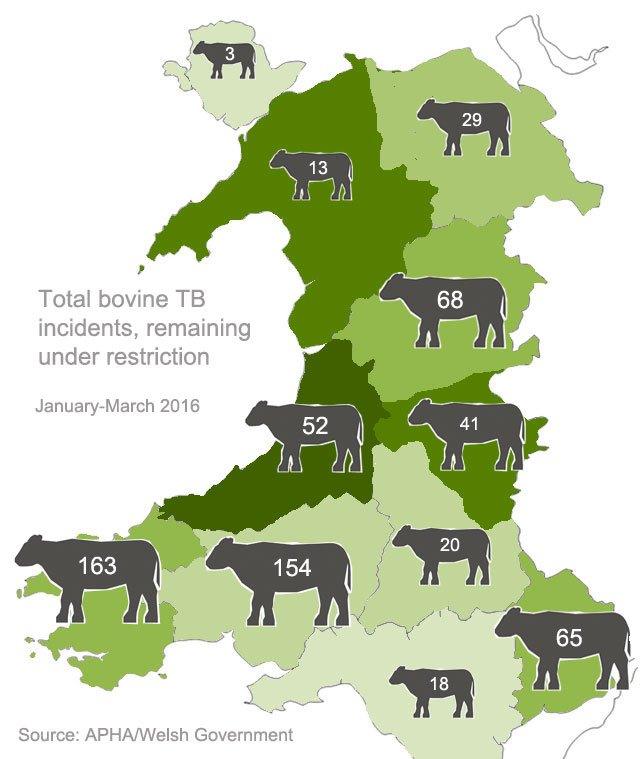
Map showing the latest number of bovine TB incidents across Wales - with Powys split into three areas
Nearly 95% of Wales' 11,600 herds of cattle were TB-free during the first quarter of 2016
There are 200 fewer herds under restriction than three years ago - but that still leaves 626
There have been 215 new incidents, while 167 herds had restrictions lifted
Carmarthenshire and Pembrokeshire still account for around half of incidents, while there are very few in north west Wales
Since the start of the Welsh Government's TB eradication programme in 2008 there has been a 37% reduction in incidents of TB.
Prof Glossop said about 5% of farms in Wales were currently experiencing problems.
'Political hot potato'
But the issue is concentrated, with far higher incidence levels in west Wales and along the border with England.
Farming unions have urged the government to cut its losses and scrap what they say is "pointless and costly" trial.
Prof Glossop said it was too early to tell whether it had worked or whether the government would restart the project in 2017.
"Should we be in a position to access vaccine next year we'd have to look at computer modelling and ask is a fifth year of vaccine in one area going to deliver benefits that are worth the cost," she said.
"It's an expensive business and very labour intensive".
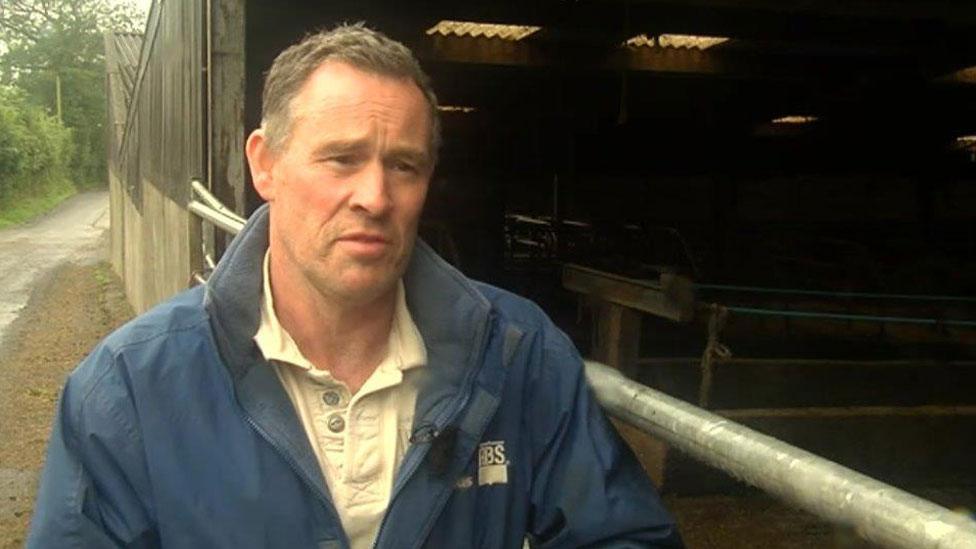
Farmer Gareth Richards has seen his herd hit three times by bovine TB
Gareth Richards, a dairy farmer from Abergwili in Carmarthen whose farm has been hit three times by bovine TB, described the government's efforts to eradicate the disease as "basically terrible".
He added: "It's too much of a political hot potato and it's decimating the Welsh countryside as a result."
FUW president Glyn Roberts said: "We know that the current rates of bovine TB may represent a significant threat in terms of meat and dairy exports once we are outside the EU, and there is a real risk that our current TB status could be used against us during trade negotiations.
"This means that we have to proactively address the problem, otherwise we might jeopardise all UK trade negotiations with Europe."
This autumn will see the return of badger culling in England, with pilot culls ongoing in Gloucestershire, Somerset and Dorset.
Prof Glossop will address farmers at a seminar at the FUW pavilion at the Royal Welsh Showground on Wednesday on the issue of tackling bovine TB in future.
Rural Affairs Secretary Lesley Griffiths has made a commitment to making a statement on the programme early in the autumn.
"There is more work being done over the summer," she told BBC Wales. "I know it's an area of great concern to farmers."
- Published18 July 2016
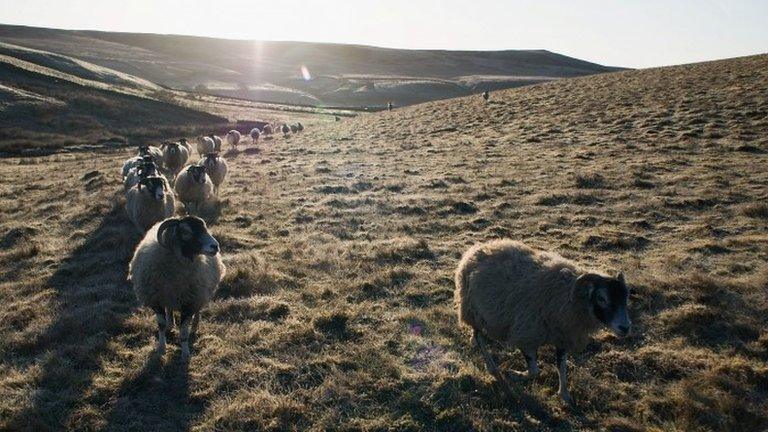
- Published1 December 2015
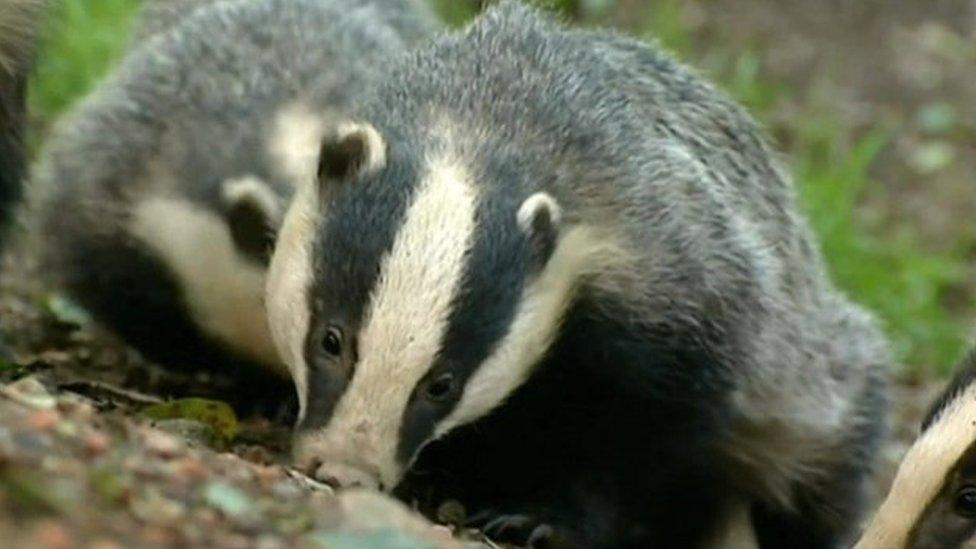
- Published7 July 2016
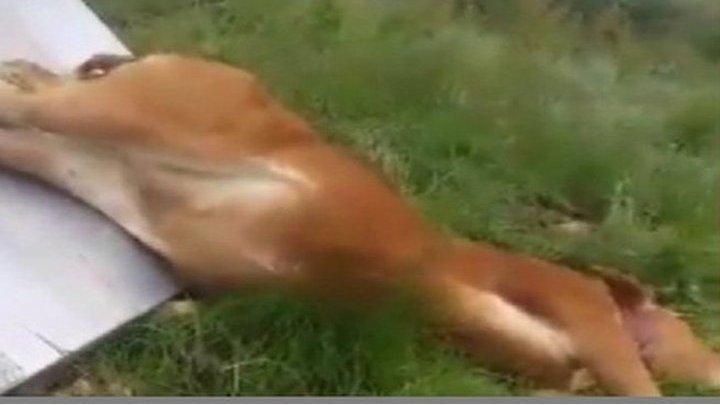
- Published17 January 2013
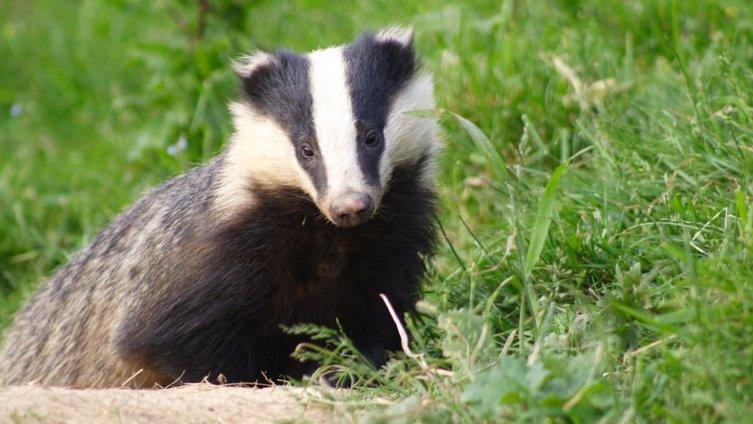
- Published17 June 2016
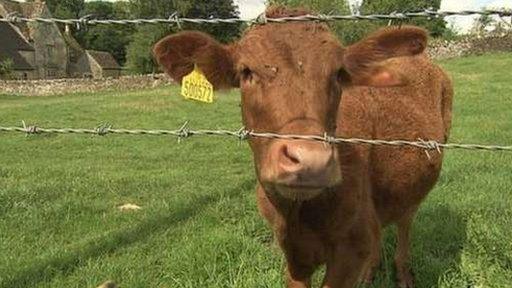
- Published21 June 2011
